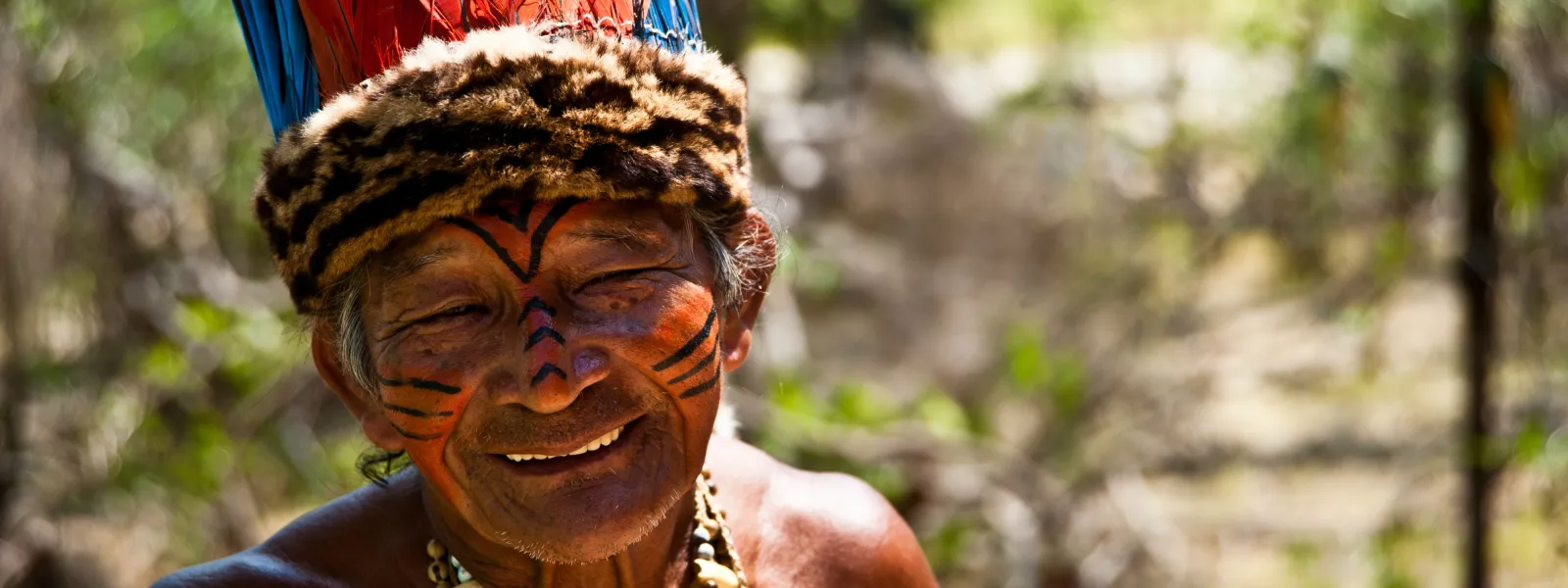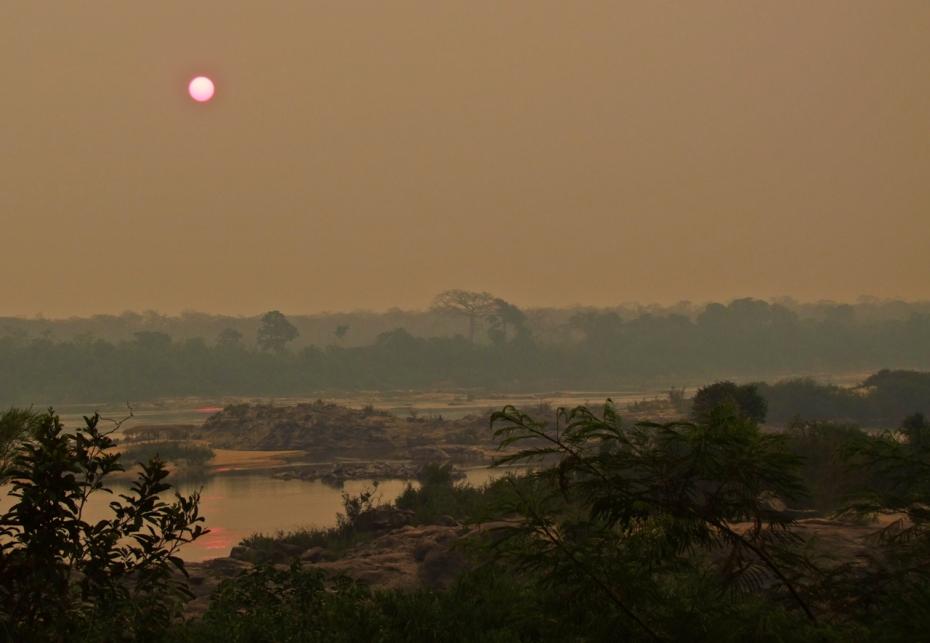
How Brazil is threatening indigenous and environmental rights
Photo: Eduardo Arraes (CC BY-NC-ND 2.0).With the new presidency, Brazil has entered an unfortunate period of changes—to legislation, governmental structure, and foreign and public policy—that will set the nation back decades on the issues of climate, the environment and human rights.
The new administration has made a host of extremely questionable decisions that signal the weakening of guarantees for indigenous peoples in Brazil, the Amazon, and the environment as a whole.
Some of the reforms that most stand out include:
- The transfer of the Ministry of the Environment’s most important functions to the Ministry of Agriculture.
- The weakening of governmental entities responsible for monitoring cases of environmental crimes.
- The transfer of responsibility for demarcating indigenous lands from the National Indian Foundation (FUNAI) to the Ministry of Agriculture.
- The suspension of contracts signed between state entities and civil society organizations.
- The weakening of the process for granting environmental permits.
- Continuous threats to withdraw Brazil from international agreements on the protection of the environment and indigenous peoples, including the recent threat to leave ILO Convention 169.
These changes seem to be just the beginning, and the outlook could worsen at any moment. The latest move to undermine environmental protection in Brazil is the apparent opening of indigenous lands to large-scale mining projects.
In March, Brazil’s Minister of Mines and Energy announced to attendees of one of the largest global mining events (the annual convention of the Prospectors & Developers Association of Canada) that he would seek authorization for mining activities in indigenous and border areas. He stated that indigenous peoples would not have the autonomy to prevent the installation of mines in their territory.
The State’s priority, this move implies, will be to promote irresponsible development over the protection of human rights.

How mining threatens indigenous lands
Last year, a government decree (Decree 9406) established drastic changes and new flexibility for mining activities, including successive extensions for permits in the event of lack of access, lack of consent or permission of the environmental agency, and the consideration that mining's foundations are the national interest and public utility.
But mining itself is not in the national interest, since it implies great environmental damage and throws ecosystems out of balance. It must instead be recognized as a high-risk activity that causes destruction and contamination.
Brazil has been incapable of safely regulating mining activities. We need only think of the rupture of two dams of mining waste in less than four years in the state of Minas Gerais. The first case in Mariana is considered the greatest environmental tragedy in Brazil’s history, and the second, earlier this year in Brumadinho, resulted in 197 deaths and 111 missing persons.
If the government’s need for mining is undeniable, so is the need for stricter controls, the use of safer techniques, and a serious national assessment of the viability of each and every mine.
Given the serious environmental damage associated with mining, its implementation on indigenous lands implies transferring those damages to a minority and vulnerable population that depends directly on the health of the environment for its physical and cultural survival.
Indigenous communities have the constitutional right to be heard on projects that may affect them; some communities have even created protocols on how they want to be consulted.
To build a mine against the will of a community is to violate their rights to life, to self-determination, to autonomy, to culture, to not being forcibly displaced, to benefit from their native territories, and to a healthy environment, among many others.
The statements of the Minister of Mines and Energy represent a complete lack of commitment to the fundamental rights established in the Brazilian Constitution, as well as to internationally recognized human rights. They reveal a singular intention to appease investors, particularly the Canadian company behind the Belo Sun mining project, which seeks to mine indigenous lands already impacted by the construction of the Belo Monte Dam.
In defense of indigenous peoples
Mining on indigenous lands is not yet adequately regulated in Brazil. What the country needs is for Congress to approve a law that respects the fundamental rights of indigenous communities and protects their lands, while including communities in the process.
The setbacks posed by the current administration have only strengthened the resistance of indigenous communities, and those of us who support them. Civil society organizations like AIDA are committed to defending human rights, safeguarding indigenous territory, and holding governments and corporations accountable whenever they pose a threat.
Tayná das Chagas Lemos

Tayná das Chagas Lemos graduated in with a degree in law from Federal University of Paraíba, Brazil. She was an intern with AIDA's Program on Human Rights and the Environment. In particular, she worked on international litigation against the Belo Monte Dam.
